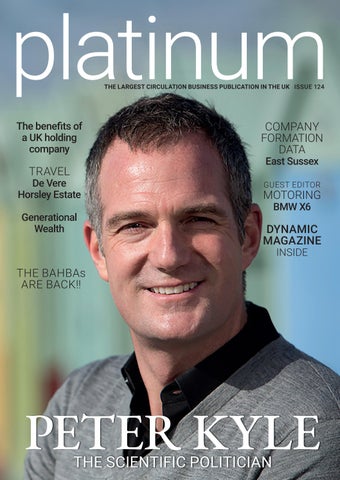
Introduction
Peter Kyle, the Labour Member of Parliament for Hove, has recently gained attention for his advocacy on education reform and social justice. In a climate where educational inequality remains a pressing issue, Kyle’s policies and initiatives aim to address the systemic challenges faced by students across the United Kingdom. His work underscores the significant impact that committed politicians can have on shaping a more equitable society.
Key Initiatives and Recent Developments
Since being elected in 2015, Kyle has prioritised educational issues, particularly focusing on underfunded schools and the need for greater investment in teachers and resources. Recently, he has been vocal about the necessity of increasing teachers’ pay to improve retention rates and attract skilled professionals into the education sector. During a recent parliamentary debate, he highlighted the alarming statistics showing that nearly one in three teachers leave the profession within five years, primarily due to unsustainable workloads and inadequate salaries.
Kyle has also championed the importance of mental health support within schools, advocating for additional funding to provide resources that address the emotional wellbeing of students. By successfully lobbying for increased mental health services, he aims to create a supportive environment conducive to learning and personal development.
Response to Current Issues
In the wake of the COVID-19 pandemic, Kyle has been at the forefront of discussions regarding the long-term educational impacts on young people. He has called for targeted support to help students recover from disruptions to their learning, particularly in disadvantaged areas. This focus on recovery and equitable support is reflected in his recent proposal for a comprehensive plan to ensure that all students have access to quality education, regardless of their background.
Conclusion
As Peter Kyle continues to advocate for reforms in education and address broader social justice issues, his efforts resonate with an electorate keen on change. His work serves as a reminder of the importance of engaged politicians in shaping future policies that impact millions of lives. With the upcoming elections, Kyle’s vision for a fairer educational landscape may influence the Labour Party’s agenda, and subsequently, shape the direction of UK education policy for years to come. Readers can look forward to watching how his campaigns unfold and the potential implications for educational equity in the UK.
You may also like

Understanding the Current Political Landscape in the UK

The UKIP Party: Recent Developments and Future Outlook

Boris Johnson: A Look at His Current Political Landscape
SEARCH
LAST NEWS
- Remembering Wendy Richard: The Promise to Co-Star Natalie Cassidy
- How Did Anglian Water Achieve an ‘Essentials’ Rating for Mental Health Accessibility?
- Shai Hope Leads West Indies in T20 World Cup Clash Against South Africa
- What We Know About Weston McKennie: Future at Juventus and Past at Leeds
- What We Know About the Upcoming Live Nation Antitrust Trial